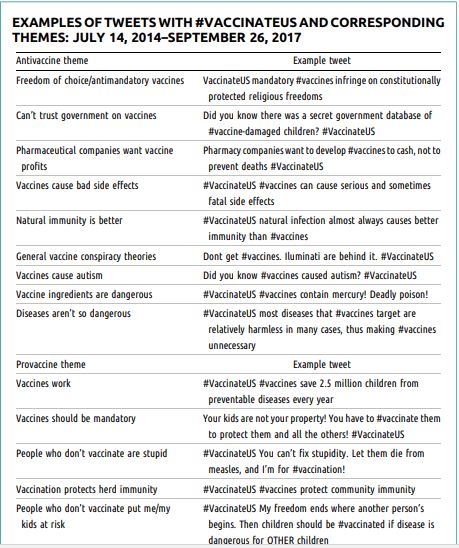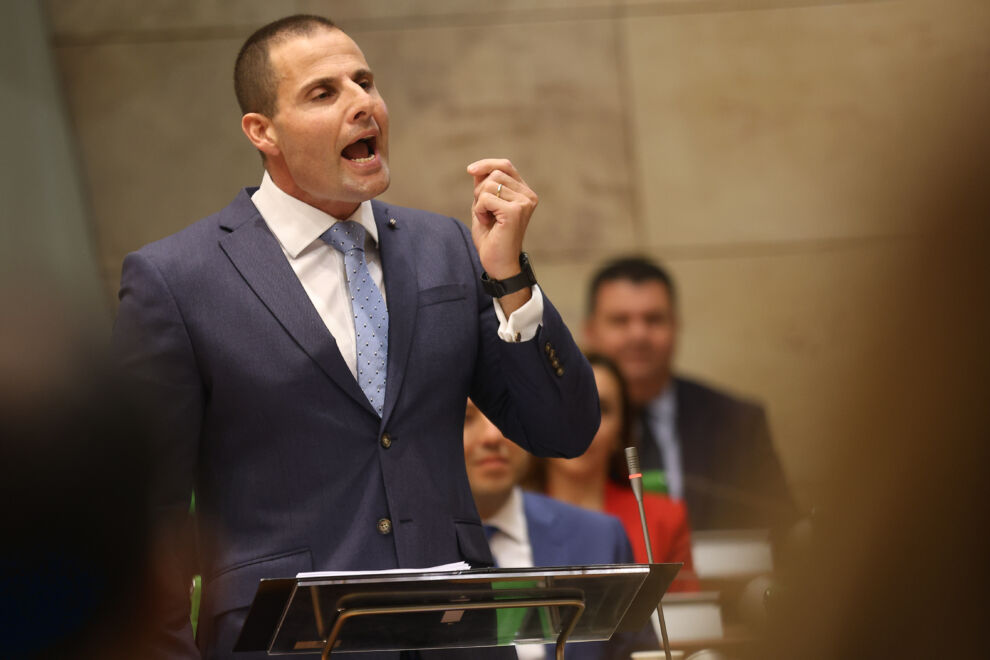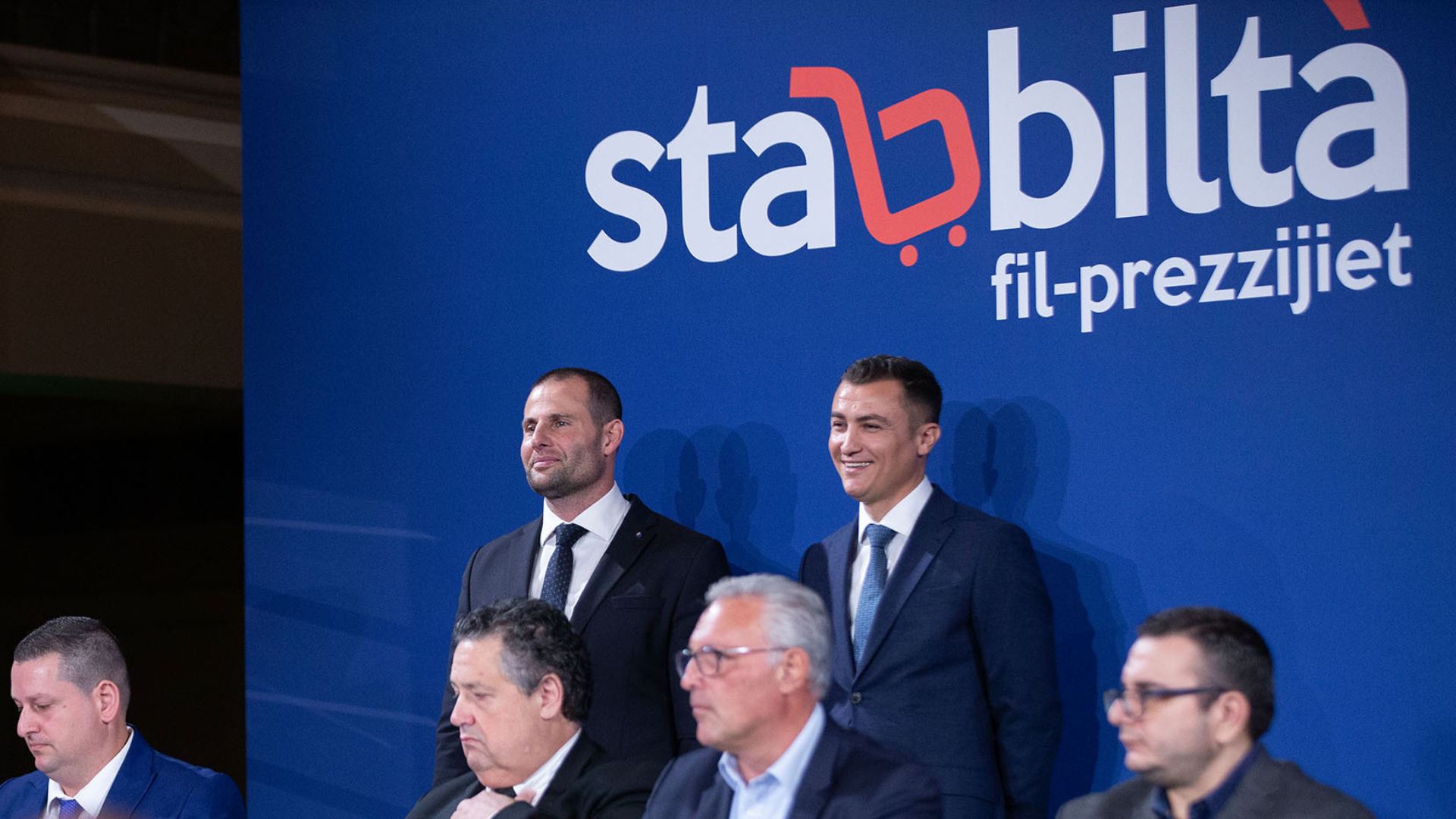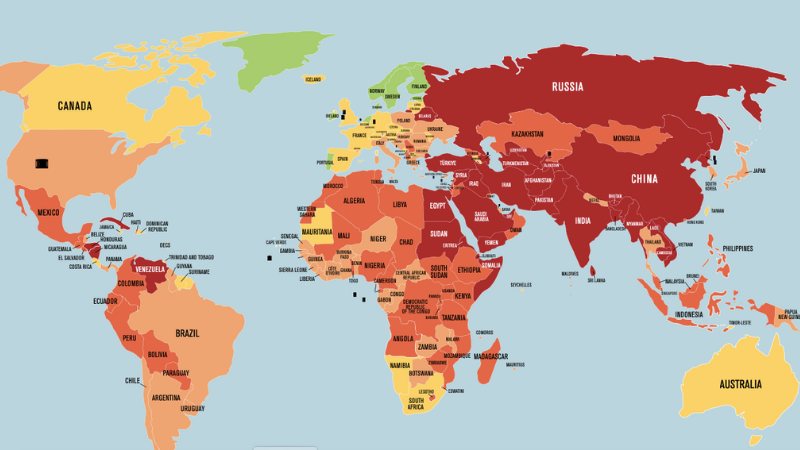Russian trolls have been spreading a disinformation campaign on the safety of vaccines since 2014 on Twitter, according to a recent US study.
Bots and trolls “are actively involved” in the online public health dialogue, “skewing discussions about vaccination” – a behavior “consistent with a strategy of promoting political discord”.
Written by David A. Broniatowski et al., “Weaponized Health Communication: Twitter Bots and Russian Trolls Amplify the Vaccine Debate”, the study highlighted how social media was used to disseminate false information about vaccines – instead of pushing for the positive side effects. Public health practitioners should focus on fighting the messages themselves while not feeding the trolls, it said.
Just last week, the World Health Organisation cautioned about the outbreak of measles in Europe due to low vaccination levels.
The study analysed almost 1.8 million tweets between July 2014 to September 2017 and also focused on the hashtag #VaccinateUS, which they found was “designed to promote discord using vaccination as a political wedge issue”.
These tweets were “uniquely identified” with Russian troll accounts linked to the Internet Research Agency—a company backed by the Russian government specializing in online influence operations.
Health communications have become “weaponized,” the report said, pointing out that public health issues, such as vaccination, are included in attempts to “spread misinformation and disinformation by foreign powers”.
One method of spreading this misinformation is through bots – accounts that automate content promotion – and trolls, individuals who hide behind false identities with the intention of promoting discord.
The overwhelming majority of tweets – 93% – about vaccines are generated by accounts that cannot be verified as bots or human users yet who exhibit malicious behaviors. These unidentified accounts preferentially tweet antivaccine misinformation.
Of the 253 messages containing #VaccinateUS, 43% were provaccine, 38% were antivaccine, and the remaining 19% were neutral. This particular hashtag – #VaccinateUS – is unique” because it was used in messages on both sides without any other hashtags and were written with grammatical errors, unnatural word choices and irregular phrasing.

They also contain no links to outside content, rare @mentions of other users, and no images – with the exception of some emojis, the report said. The authors of #VaccinateUS messages tend to tie both pro and antivaccine messages explicitly to US politics and “frequently use emotional appeals to “freedom,” “democracy,” and “constitutional rights.” Meanwhile, tweets from the vaccine stream focused more on “parental choice” and specific vaccine-related legislation.
The #VaccinateUS messages focused almost solely on the US government – “At first our government creates diseases then it creates #vaccines.what’s next?!” and included several “distinctive arguments” related to racial/ethnic divisions, appeals to God, and arguments on the basis of animal welfare – divisive topics in the US that did not appear in other vaccine related tweets.
The report found that Russian trolls and “sophisticated Twitter bots” posted content about vaccination at significantly higher rates than the average user with the content giving equal attention to pro- and antivaccination arguments.
“This is consistent with a strategy of promoting discord across a range of controversial topics—a known tactic employed by Russian troll accounts,” the report said.
These strategies may undermine public health and “normalizing” these debates may lead the public to question long-standing scientific consensus on the efficacy of vaccines.












